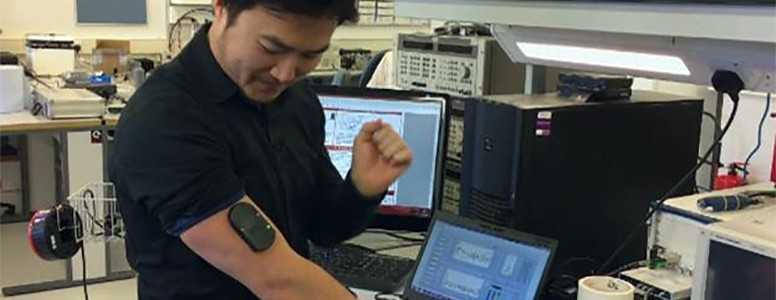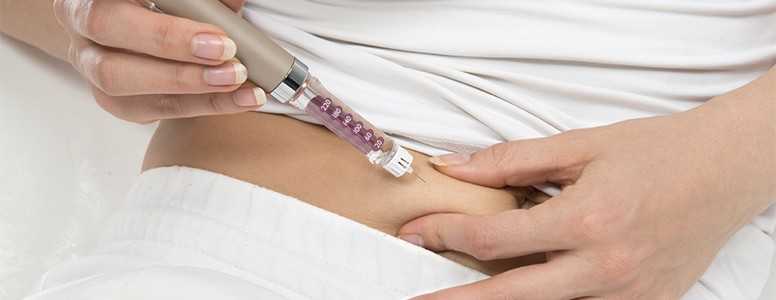Welsh researchers have created a portable monitor for people with diabetes which uses microwaves to measure blood glucose levels.
The new monitor (pictured), created by Cardiff University’s School of Engineering, can be stuck onto the arm or the side of the body using an adhesive.
It is non-invasive, and does not require blood to be extracted apart from the initial calibration. People with type 1 diabetes most commonly have to prick their finger multiple times per day to measure blood glucose levels, or use inserted devices called continuous glucose monitors (CGMs).
The device uses a microwave emitter, which is entirely safe because the levels used are significantly lower than those used in domestic cooking. Professor Adrian Porch told the BBC: “Think about a mobile phone, we’re about a thousand times less than that level.”
Data can be collected continuously on a computer or mobile app, and because the device is not chemical in its action, it also has a longer shelf-life.
So far, the device has been trialled on around 50 patients with diabetes and more studies are scheduled for this summer.
Professor Stephen Luzio, Swansea University’s College of Medicine, said: “Patients are very keen on this. One of the big problems with patients measuring their glucose is they don’t like pricking their finger, so there’s a lot of interest.”
The device “will help with the management of the condition”, according to Porch, and could potentially be released to market within five years. However, further investment and trials are required in the meantime.
Picture: BBC News





